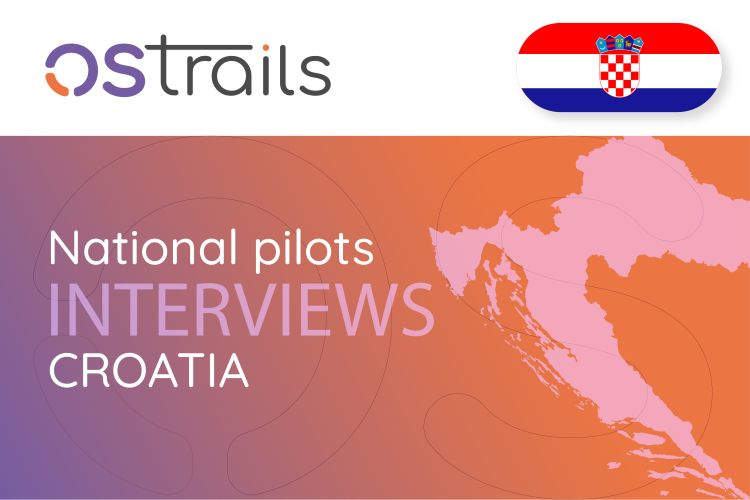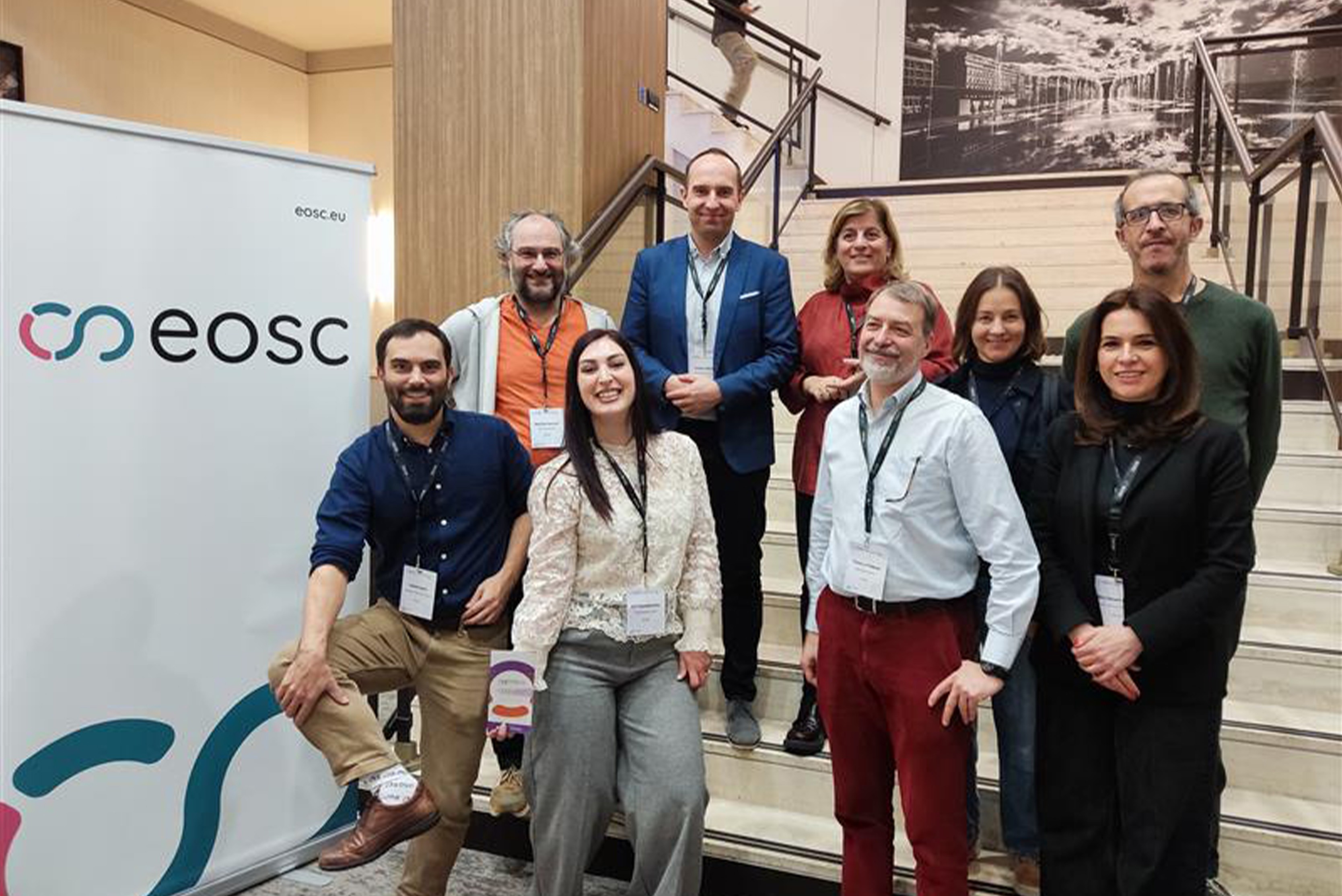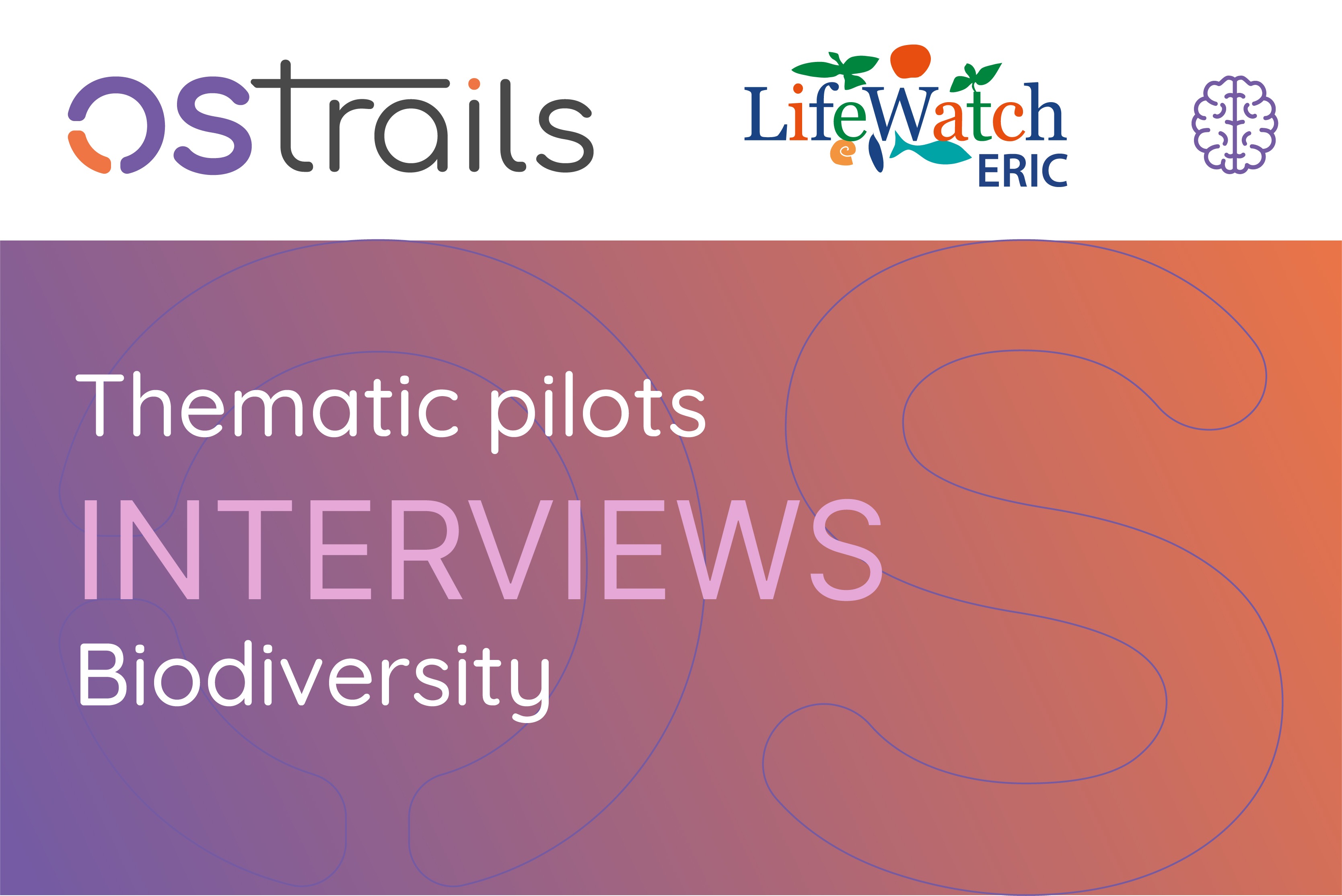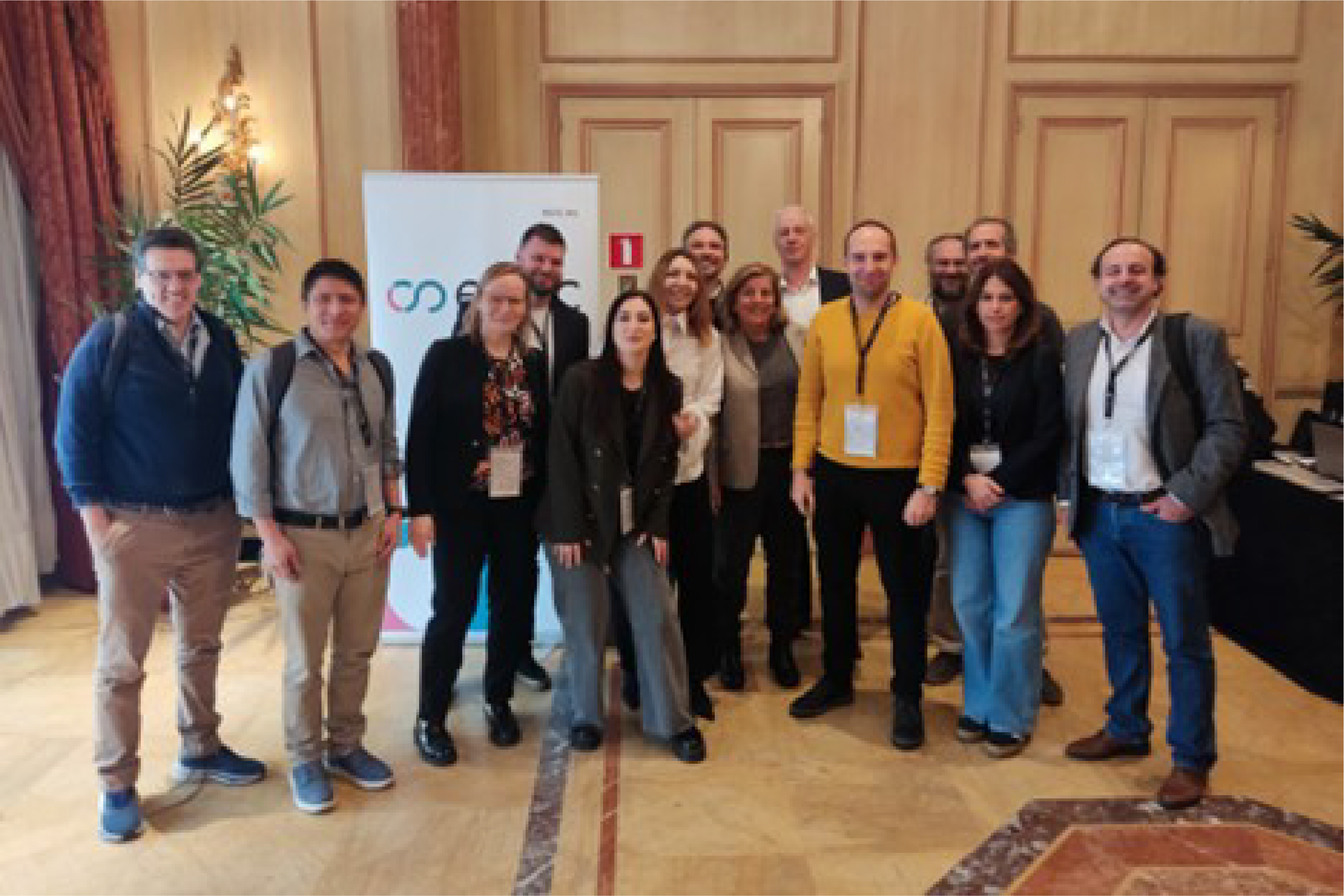National Pilot Interview Croatia

Read the National Pilot Interview from Croatia and inform yourself about all the exciting progress of OSTrails pilot studies. Get the latest on their national activities and learn how they’re revolutionizing the integration of open science and research assessment. This month we had the pleasure of discussing with Bojan Macan from Ruđer Bošković Institute. Enjoy!
 - Bojan Macan
- Bojan Macan
-Can you briefly introduce your organisation? How does it contribute to EOSC?
The Ruđer Bošković Institute (RBI) is Croatia's largest multidisciplinary scientific research center and OpenAIRE’s National Open Access Desk (NOAD) in the country, with a significant contribution to EOSC. RBI, spearheaded by its Centre for Scientific Information, has been instrumental in promoting open access (OA) and open science (OS) principles through training and engagement at both institutional and national levels. The institution maintains digital repositories (FULIR and FULIR Data) and a cloud storage service for managing research data. Collaboratively with external partners, RBI has also played a significant role in developing national OA and OS infrastructures, such as CroRIS and DABAR.
As an active member of significant initiatives, such as the Croatian Open Science Cloud Initiative (HR-OOZ), OpenAIRE AMKE (co-founder), and EOSC Association (Observer since 2022), and contributor in numerous EU projects related to OA and OS (OpenAIRE, FOSTER, EOSC-hub, NI4OS-Europe, PATTERN and OSTrails), RBI has been a key advocate and supporter of OS, committed to advancing the field.
-What are you most excited about in OSTrails? What are you looking forward to?
We’re particularly excited about the prospect of integrating Data Management Plans (DMPs) with various other entities within our research information systems, as well as depositing them in local repositories. This integration will not only streamline the data management process but also enhance the overall transparency, accessibility and usability of research outputs. The capability to store DMPs in dedicated repositories will ensure their long-term preservation and accessibility for future reference.
The implementation of ARGOS holds great promise for our data management practices, providing advanced tools to manage and track research data throughout its lifecycle. The added features ARGOS provides could significantly enhance our capabilities in managing and utilizing research data effectively. Overall, we are eagerly anticipating the transformative impact that these developments will have on our data management workflows and research outcomes.
-OSTrails is all about planning, tracking and assessing research. How are these being realised in your country?
In Croatia, planning, tracking, and assessing research is being realized through several key aspects. The Quality standards for the evaluation and reaccreditation of universities and scientific institutes, developed by the Accreditation Council of the Agency for Science and Higher Education (ASHE), assess HEIs and RPOs on several criteria, including the existence of an institutional strategy for research, development, and innovation. These standards emphasize the importance of research planning, quality assessment and alignment with professional standards, such as ethics, transparency, and academic integrity. Institutions are expected to have a publicly accessible research strategy plan and store research data in accordance with FAIR principle whenever feasible. The Croatian Science Foundation (HRZZ), as major research funder, holds a significant role in the field, having introduced specific requirements for Grant Awards, fostering OA publications, DMPs implementation, and enrichment of the national research information system (CroRIS). CroRIS is owned by the Croatian Ministry of Science and Education (MSE) and serves as the official system for registering all research activities, equipment and results. The Croatian Open Science Plan, proposed by the HR-OOZ Initiative, seeks to standardise OS practices and researcher education, further solidifying the country’s commitment to fostering innovation and excellence in research while ensuring equitable access to scientific knowledge and resources.
These policies and initiatives reflect Croatia’s progress towards Open Responsible Research and Innovation practices, which is to be enhanced through the adoption of new national and institutional OS policies and the integration of OS activities into research assessment procedures. Future developments focus on the integration of DMPs and research data, the implementation of Open Science in Croatia and the use of CroRIS as a monitoring tool for various reporting purposes.
-Can you provide some details on the main actors, services and priorities of your pilot? How will the results of OSTrails be adopted by your pilot?
The results of OSTrails will be integrated into our pilot through several strategic steps. Firstly, we will enhance the efficacy of DMPs by developing a tailored maDMP template in ARGOS DMP platform, based on HRZZ requirements, facilitating their archival in local repositories using the national repository infrastructure Dabar. Furthermore, we aim to establish an open, interoperable ecosystem of Scientific Knowledge Graphs (SKGs) by implementing new objects within the national current research information system CroRIS, such as DMPs and datasets, and enabling connections between these new objects and other information. This will enrich and demonstrate our community’s FAIR implementation, enhancing the traceability of research outputs. By implementing these measures, we aim to promote FAIR principles in Croatia, ensuring compliance with funder requirements and enhancing the quality of research data management for all funded and published research outputs. RBI will remain the head actor in piloting activities, leveraging established communication channels with the national librarians' network and users and administrators of the national e-infrastructure.
-How does the next day of OSTrails project look like in your country?
The Croatian academic and research community will benefit from this pilot project by adopting improved tools for creating maDMPs, enhanced infrastructure for archiving them, and better linkage of DMPs with other related objects in the national infrastructure. This approach will enhance transparency and accessibility of information regarding research data generated during research projects. A fully developed open ecosystem of SKG through the CroRIS will provide the Croatian academic and research community with a more interconnected and transparent infrastructure, offering them comprehensive tools and services to facilitate the sharing of research information.



